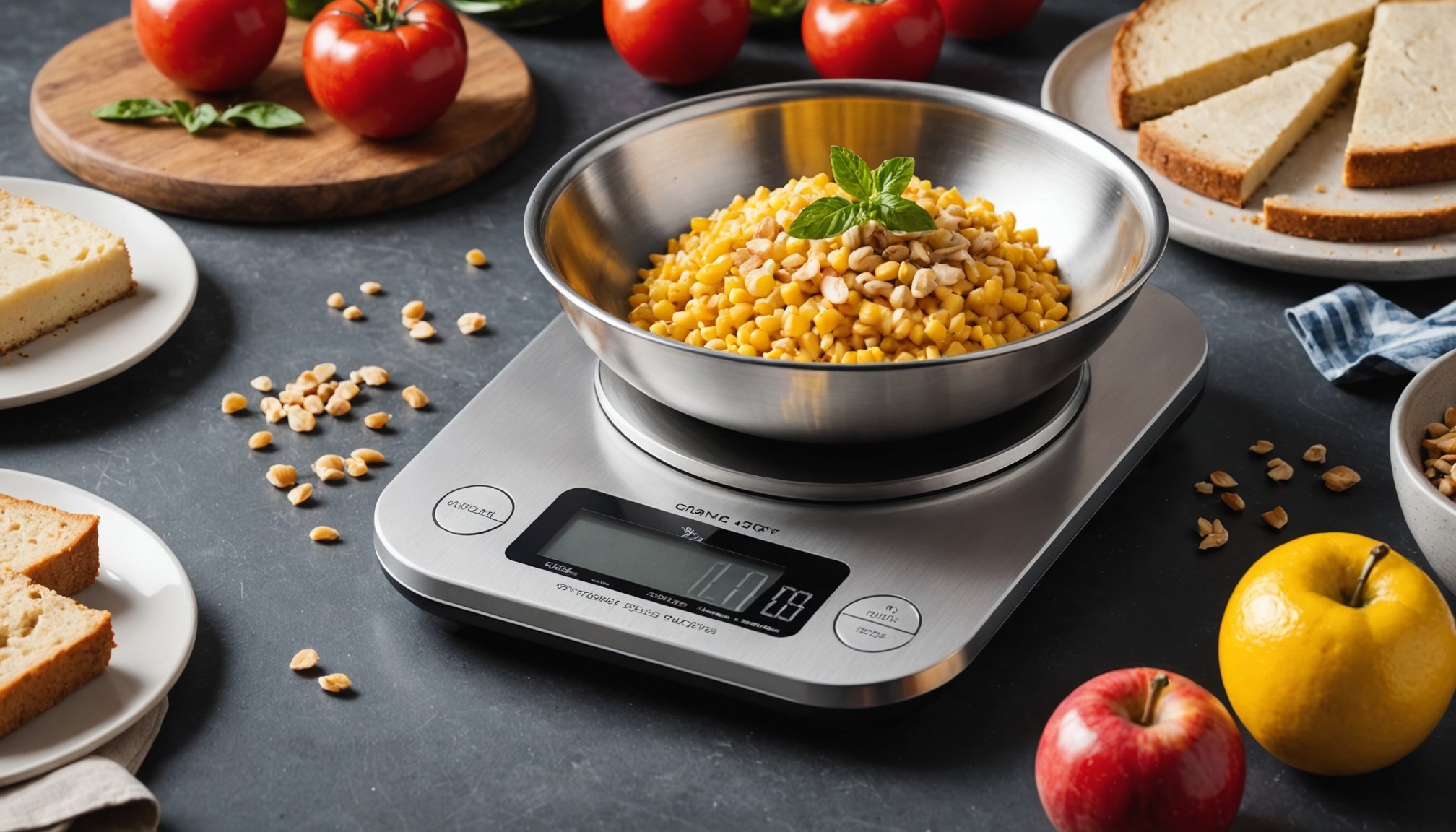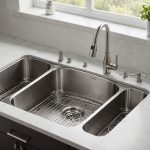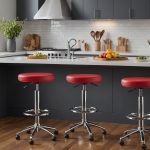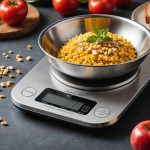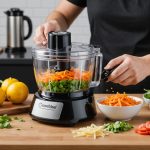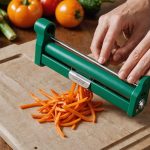Overview of Precision Baking and the Importance of Kitchen Scales
Precision baking is essential for achieving consistent results in recipes. It involves accurate measurement of ingredients, ensuring each dish is made to perfection. Kitchen scales play a crucial role in this process by providing the accuracy in baking that volume measurements can’t achieve. They allow bakers to measure ingredients precisely, which is fundamental for tasks like balancing flour to water ratios or accurately determining fat content.
In precision baking, even a small deviation from the required measurements can drastically alter the texture, taste, and appearance of the end product. Using kitchen scales eliminates these potential errors by offering precise measurements in grams or ounces, thereby improving the outcome of baked goods.
Additional reading : Ultimate guide to the best kitchen scales for home bakers: explore top uk brands for perfect baking precision
Common issues stemming from inaccurate measurements include inconsistent batter thickness, varying cake texture, and unbalanced flavours. These issues arise when ingredients are measured by volume, such as using cups or spoons, which can be unreliable due to various factors like ingredient density or uneven packing.
Kitchen scales address these problems effectively, boosting the overall quality of your baking endeavors. Embracing scales not only enhances your skills but also reduces waste, ensures ingredient uniformity, and ultimately, improves your baking efficiency. With a scale, achieving perfection in every bake becomes a feasible goal.
In parallel : Uncover the Best Organic Cleaning Products for Spotless UK Kitchens
Top-Rated Kitchen Scales in the UK
Choosing the best kitchen scales available in the UK involves considering a range of features and reviews to determine the most suitable option for your needs. Whether you’re a professional baker or a home enthusiast, understanding these details can help make the best choice.
Detailed Product Descriptions
-
Salter Digital Kitchen Scales: Renowned for their precision, these scales offer features like an easy-to-read display and a slim, compact design. Ideal for baking tasks requiring accurate measurements, they ensure consistent results, making them a top-rated choice among users.
-
My Weigh i5000: Known for its robustness, the i5000 can handle larger quantities. It is lauded for durability and accuracy, receiving positive feedback for tasks such as bread making, where weight precision is crucial.
-
Escali Primo Digital Scale: This scale stands out for its straightforward functionality and vibrant color options. Popular for its affordability and reliability, it caters to those seeking simplicity without compromising on accuracy, often compared favorably against more expensive models.
Considering user feedback is crucial when selecting a scale. Reviews provide insights into real-world functionality, ensuring you choose a product that delivers precise results and enhances your baking measurement accuracy.
Buying Guide for Kitchen Scales
Choosing the ideal kitchen scale for precision baking involves understanding key features and making informed decisions based on your needs. The effectiveness of your baking endeavors heavily depends on the accuracy in baking, which is where a reliable kitchen scale comes in.
Key Features to Consider
When looking at a buying guide for kitchen scales, focus on essential features such as maximum capacity, precision, and readability. A scale with a clear digital display and unit conversion capabilities can enhance usability, while a tare function enables you to exclude container weight.
Opting for a digital kitchen scale often provides better precision compared to mechanical models, especially when measuring smaller quantities. Consider scales with increments as small as 0.5 or 1 gram for greater baking measurement accuracy.
Budget and Brand Reputation
Budget constraints play a role, but investing in a reputable brand can assure long-term satisfaction. Brands known for accuracy and durability, like Salter or My Weigh, often have extensive user reviews supporting their reliability.
Ensure to evaluate your specific usage requirements. If you frequently bake bread, select a scale that handles larger capacities; for precision with small ingredients, focus on high sensitivity. This guide will align your purchase with your baking goals, ensuring precise measurements every time.
Tips for Using Kitchen Scales Effectively in Baking
When it comes to achieving superb baking measurement accuracy, leveraging kitchen scale tips can make all the difference. For the precise measurement of ingredients, follow these best practices to enhance your baking outcomes.
Best Practices for Accuracy
Start by calibrating your kitchen scale regularly to prevent any discrepancies. Precision is vital, and ensuring your scale is correctly calibrated guarantees that the measurements align with your recipe’s requirements. If a specific calibration process is needed, refer to your scale’s manual for detailed instructions.
Essential Measurement Procedures
Always use the tare function to reset the scale to zero after placing your container or bowl. This ensures that you’re only weighing the ingredients you add, maintaining measurement integrity. Shun the temptation to hastily throw ingredients onto the scale. Instead, add them gradually, maintaining careful observation to avoid any overshoots.
Avoid Common Mistakes
A frequent oversight is operating the scale on uneven surfaces, leading to skewed readings. Ensure it’s placed on a stable, flat surface for optimum results. Additionally, neglecting to zero out the scale between ingredients can disrupt the entire measurement process.
These kitchen scale tips will undoubtedly augment your baking measurement accuracy, enabling consistent and delightful culinary creations every time.
Comparison of Popular Kitchen Scale Models
Navigating the intricate world of kitchen scales can be daunting, yet crucial for achieving precision in baking. By understanding distinct features, you can tailor your choice to fit your baking needs effortlessly.
Feature Comparison Table
Creating a clear kitchen scale comparison helps demystify options, focusing on essential features. Most top models offer functionalities like tare, unit conversions, and varying maximum capacities. Generally, you’ll find prices range from budget-friendly options to more premium models, depending on features and brand reputation.
Functional Differences
When evaluating functional differences, it’s imperative to note each model’s capabilities. Unit conversion, a prominent feature, allows you to switch between grams and ounces easily. The tare function is another highlight, crucial for subtracting container weight, ensuring precise ingredient measurement. Portability and compact design might be significant if storage space is tight, or if you often bake in different locations, influencing the decision for the best models.
Compatibility with Baking Techniques
Analyzing compatibility with baking techniques involves understanding how scales align with specific baking methods. For instance, bread baking demands precise ingredient ratios, favouring scales with high sensitivity. Meanwhile, pastry enthusiasts might prefer scales that cannot only measure small quantities accurately but also offer durability for frequent use. Matching scales to your baking habits ensures optimum performance and satisfaction.

